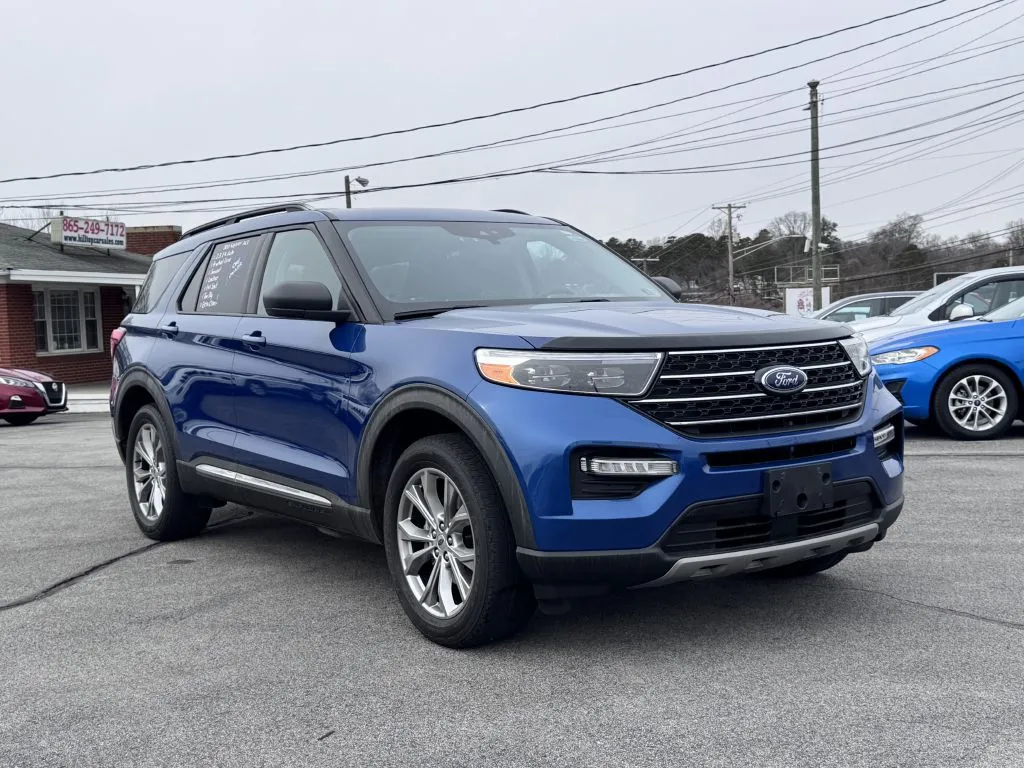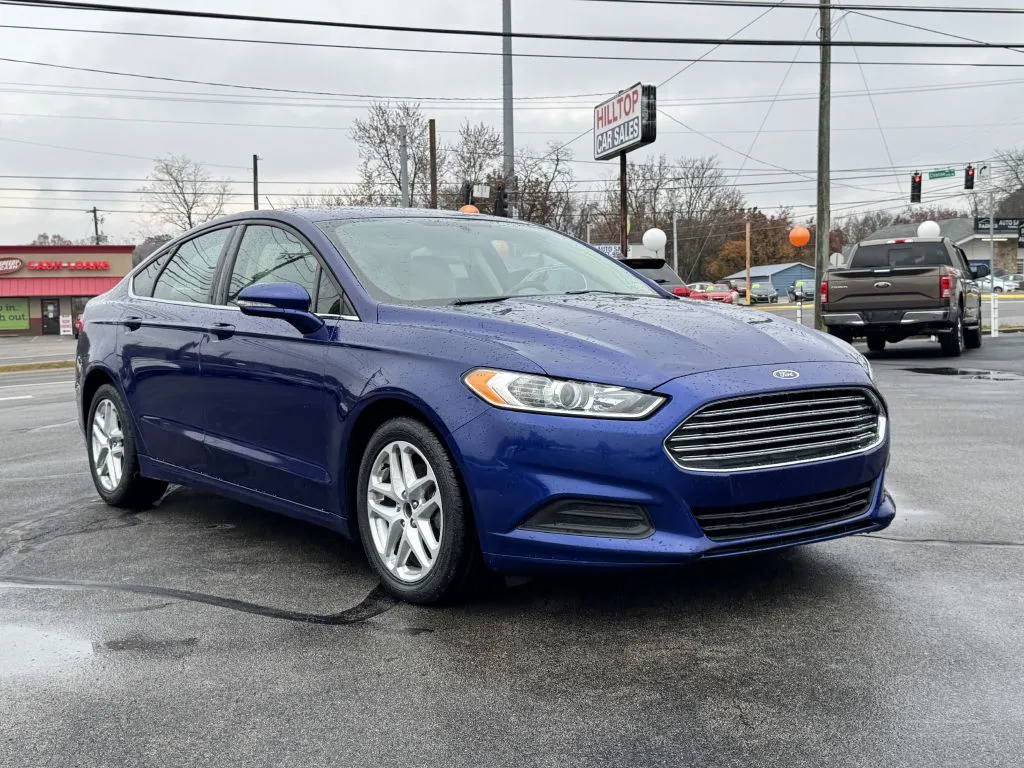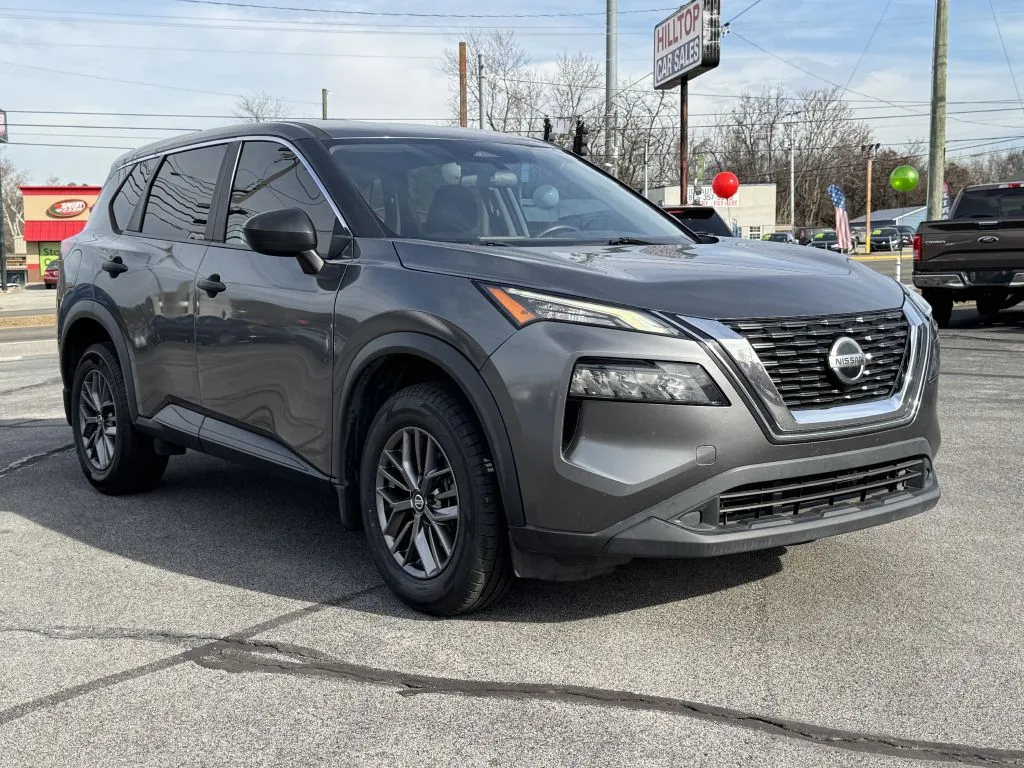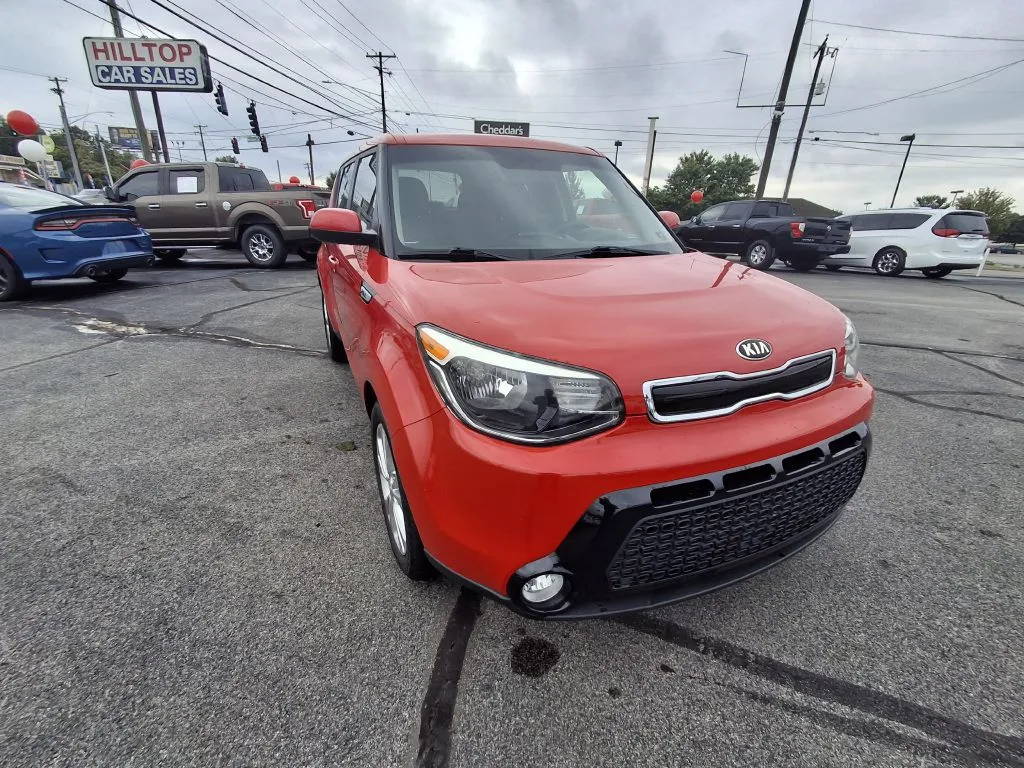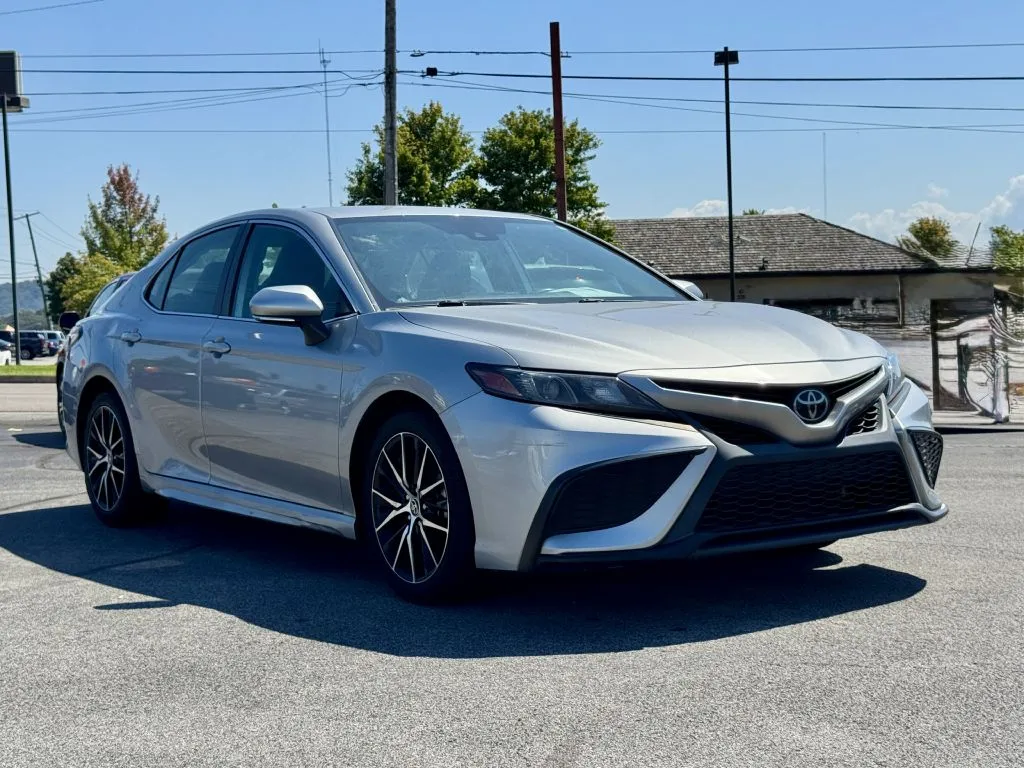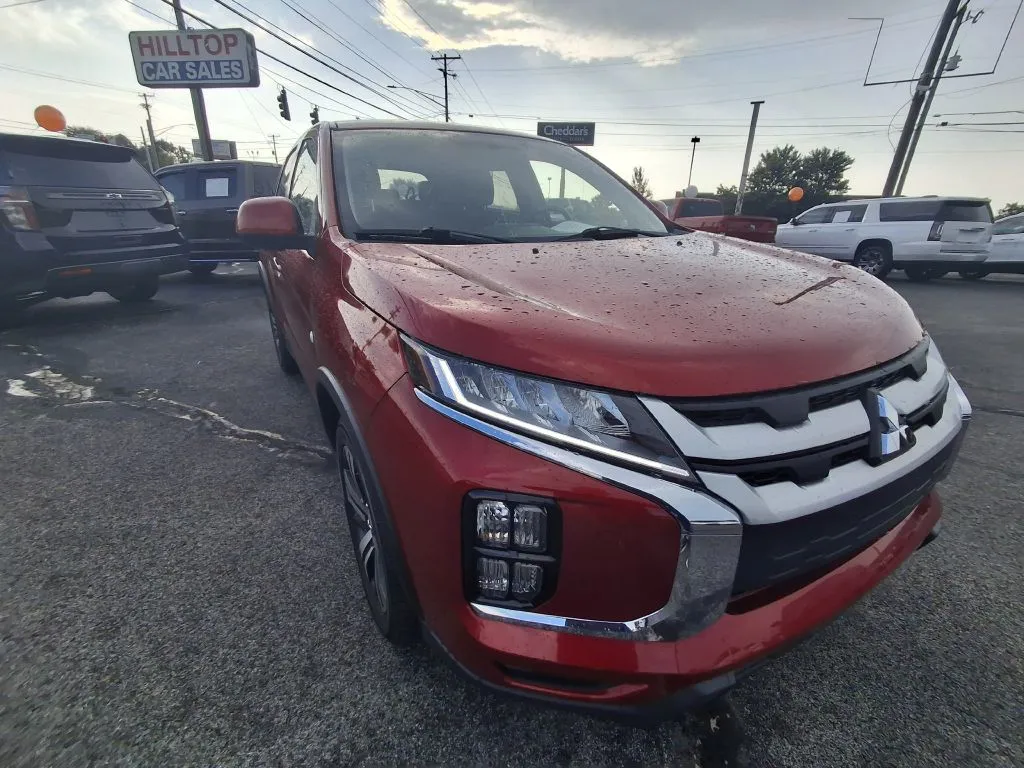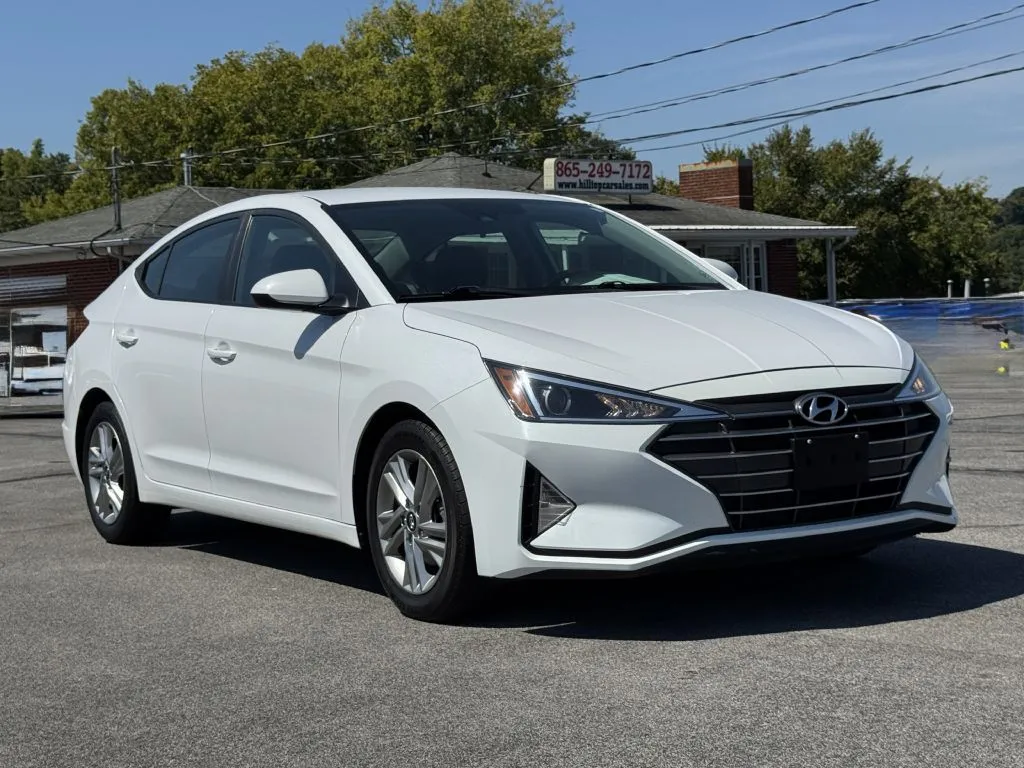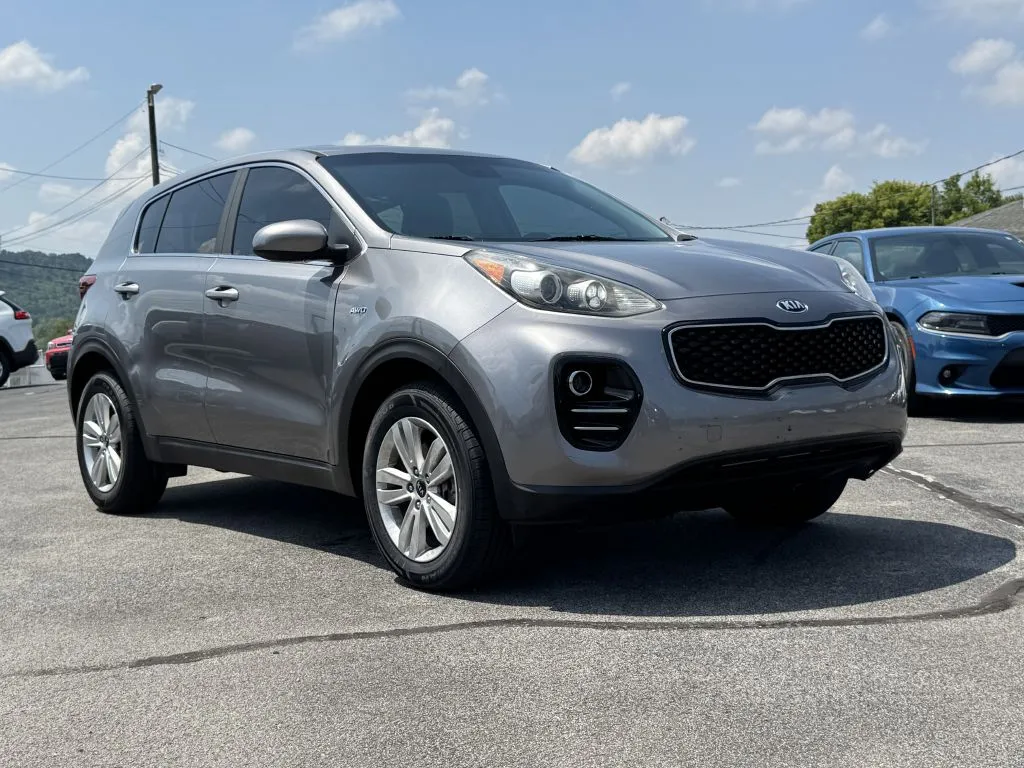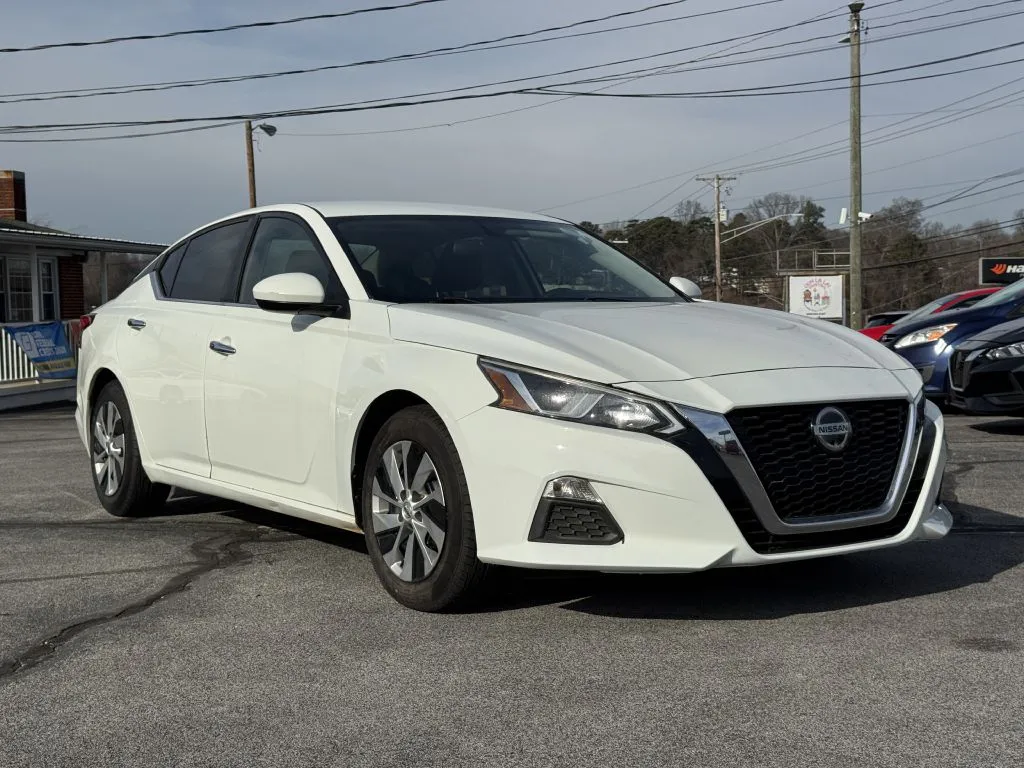Where to Buy Pre-Owned Vehicles: Top Dealerships and Online Platforms for Quality Used Cars
Table of Contents
Where to Buy Pre-Owned Vehicles: Quality Used Cars
Buying a pre-owned vehicle can save you thousands compared to buying new. But knowing where to look? That makes all the difference.
The best places to buy used cars include certified dealerships, online marketplaces, private sellers. Each one has its own perks and drawbacks.
These days, the used car market gives you more options than ever. You can browse thousands of vehicles online, walk into or deal directly with private sellers in your area.
Every buying method has its own ups and downs. Where you shop depends on your budget, the kind of car you want, and how much time you want to spend searching.
Key Takeaways
- Tons of : dealerships, online platforms, and private sellers. Each has its own benefits.
- Always do your research and inspect before you buy any used vehicle.
- Make sure you get the right paperwork and follow legal steps to protect yourself.
Top Places to Buy Pre-Owned Vehicles
Franchise dealerships offer the most security. You get warranties and can usually finance through them.
Independent dealers give you more and often have unique cars. Certified pre-owned programs add factory-backed warranties to newer used cars.
Franchise Dealerships
Franchise dealerships sell both new and used cars from big brands like Toyota, Honda, and Ford. They offer more protection and professional service than most places.
Key advantages:
- Every car gets a multi-point inspection.
- You can buy extended warranties.
- Financing is easy to set up.
- Trade-in options are available.
Franchise dealers usually price higher than independent lots. On the upside, you get detailed vehicle history reports and sometimes a return policy in the first few days.
Most franchise dealerships have their own service departments. So, you can get repairs and maintenance right where you bought the car.
The sales staff gets regular training, so they know the ins and outs of financing and warranties. They'll walk you through loan terms and coverage details.
Independent Used Car Dealers
Independent dealers only sell pre-owned vehicles. Their overhead is usually lower than franchise lots, which means better prices if you're willing to do your homework.
Why consider independent dealers:
- Prices are generally lower than at franchise dealerships.
- There's more room to negotiate.
- You might find rare or unique cars.
- The buying process is often quicker.
Financing choices can be limited, so it's smart to get your own loan before you visit. Vehicle inspections vary a lot between dealers.
Some do thorough checks, others barely look things over. The inventory changes fast, so if you want something specific, call ahead or stop by often.
Certified Pre-Owned Programs
Certified pre-owned (CPO) programs add factory-backed warranties to used cars that meet age and mileage limits. These programs sit between new and regular used cars.
CPO perks:
- Every car gets a thorough inspection.
- Manufacturer warranties get extended.
- Roadside assistance is usually included.
- Vehicle history is double-checked.
CPO vehicles cost about 10-15% more than similar non-certified cars. Many buyers think the extra warranty and peace of mind are worth it.
Each manufacturer has its own rules for what counts as CPO. Most require cars to be under 5 years old with less than 60,000 miles.
CPO programs sometimes throw in extras like loaner cars during repairs or trip coverage if you break down. If you want new car benefits at a used car price, CPO is worth a look.
Online Marketplaces and Classifieds
Online platforms give you the biggest selection You can search by price, location, features—whatever matters to you.
Sites range from big automotive websites with to private seller listings and auctions.
Major Automotive Websites
AutoTrader leads the pack with over 4 million listings from dealers and private owners. You get detailed filters, history reports, and pricing tools.
Cars.com offers similar inventory and strong local searches. You can look at lots of photos, compare prices, and message sellers right from the site.
CarMax has both physical lots and online sales. Their no-haggle pricing is great if you hate negotiating. Every car gets a multi-point inspection.
Carvana delivers cars to your door. They show each car in 360-degree photos and let you return it within 7 days if you change your mind.
These sites charge dealers to list, but buyers browse for free. Most offer financing calculators and trade-in tools.
Private Seller Listings
Facebook Marketplace is now huge for private car sales. You can find cars nearby and skip shipping.
Craigslist sticks around, even with its old-school design. You deal directly with owners, which often means lower prices.
OfferUp and Mercari focus on regional markets with easy-to-use apps. User ratings and messaging make things a bit safer.
Private sales usually cost less than buying from a dealer. But you handle the paperwork, inspection, and title transfer yourself.
Most sellers want cash, though some will take a cashier’s check or work with your bank.
Auction Platforms
Copart specializes in salvage and insurance vehicles. Dealers and repair shops use it, but you can join too if you register.
Manheim runs wholesale auctions for dealers. Some locations let the public in on certain days if you have a guest pass or dealer license.
BringATrailer is for car enthusiasts and collectors. Listings have tons of photos and details, and the bidding can get intense.
eBay Motors mixes auctions and buy-it-now deals. You can bid on cars from all over, but shipping adds hassle and cost.
Auction buys mean you pay right away and pick up fast. Inspections are limited, so these are best if you know what you’re doing.
Buying Directly from Private Sellers
Private sellers usually have lower prices since they skip dealer fees and markups. You take on more responsibility, though—inspections, paperwork, and any problems after the sale are on you.
Benefits of Private Purchases
The biggest perk is lower prices. Private sellers often want quick sales and don’t have business expenses, so you can score a deal.
You can usually negotiate more with private sellers. Many are flexible, especially if they need to move or just bought something new.
Talking directly with the owner gives you insight into the car’s history. You can ask about maintenance, repairs, and any quirks.
Private sales come with less pressure than dealerships. You can take your time checking the car out—no pushy sales tactics or rush.
Sometimes you find unique vehicles that dealers don’t carry. Older models, rare cars, or ones with special features pop up more often in private listings.
Precautions and Best Practices
Always inspect the car before buying from a private seller. Check the engine, brakes, tires, and electronics.
Verify the title to avoid scams. Make sure the seller’s name matches the title and that there aren’t any hidden liens.
Be careful with payment. Meet in safe places, use cash or verified cashier’s checks, and watch out for scams.
Get all the documents—bill of sale, title transfer, and registration. Both you and the seller should keep copies.
Meet in public, well-lit spots for safety. Police station parking lots or busy shopping centers work well for inspections and the sale.
Local Options for Finding Pre-Owned Vehicles
Local bulletin boards and newspaper classifieds still work for finding used cars nearby. These spots often have deals from private sellers at good prices.
Community Notice Boards
Community boards give you direct access to local sellers. You’ll see them in grocery stores, libraries, community centers, and coffee shops.
Sellers post simple flyers with the car’s make, model, year, miles, price, and contact info. Sometimes it’s just a handwritten note.
Why try community boards:
- No dealer fees.
- You talk right to the owner.
- You can ask about the car’s history.
- Prices are usually lower than at dealerships.
Check boards often—good deals disappear fast. Popular spots include:
- Grocery stores near customer service desks
- Libraries in the main lobby
- Community centers by the entrance
- Coffee shops on the notice wall
Always verify who you’re dealing with and make sure they own the car. Meet in a safe, public place in daylight for a test drive.
Local Newspaper Classifieds
Local newspapers still have big classified sections for used cars. Both print and online versions list cars from private sellers and small dealers.
Classified ads usually tell you more than a flyer. Sellers might include engine size, transmission, maintenance records, and a description of the car’s condition.
Typical classified info:
- Car specs and features
- Maintenance history
- Why they’re selling
- Inspection and registration status
- If they offer financing
Weekend editions have the most listings. Many papers run classifieds on Thursdays, Fridays, and Sundays.
Online newspaper classifieds let you search by price, type, or year. They update more often than print.
Call sellers fast—good cars get lots of calls. Have your questions ready about the car’s condition, service history, and when you can see it.
Key Factors to Consider Before Purchase
Smart buyers check three main things before buying a used car. They look at the car’s history, what kind of protection they get, and how they’ll pay for it.
Vehicle History and Inspection
A vehicle history report shows you what the car’s been through. Always get a report from Carfax or AutoCheck before you buy.
These reports list accidents, flood or fire damage, and previous owners. You’ll also see if the car was a rental or had major repairs.
What to look for:
- Accident history
- Flood or fire damage
- Number of owners
- Service records
- Title problems
A mechanic’s inspection can spot hidden issues. They’ll check the engine, brakes, transmission, and electronics.
Take a test drive in different conditions—city streets, highways, and parking lots. Watch for rust, worn tires, or weird noises.
Warranty Availability
Certified pre-owned vehicles come with manufacturer warranties. These cover major repairs for a certain time or mileage.
You can buy third-party warranties for non-certified cars, but coverage and cost vary a lot.
Warranty types:
- Powertrain (engine and transmission)
- Bumper-to-bumper
- Extended service contracts
Some dealerships offer their own warranty plans. Always read the fine print so you know what’s covered.
Gap coverage can help if your car gets totaled and you still owe money. This matters most for newer used cars with loans.
Financing Options
Banks and credit unions usually have better rates than dealership financing. It's smart to get pre-approved before you start shopping, so you know your budget.
Your credit score matters a lot. If your score is over 700, you'll probably get the best deals on auto loans.
Common financing sources:
- Local banks
- Credit unions
- Online lenders
- Dealership finance departments
A down payment lowers your monthly costs and the total interest you pay. Most lenders want at least 10% down for used cars.
Loan terms between 36 and 60 months usually balance monthly payments and total interest. Longer loans mean smaller payments, but you'll pay more interest in the end.
Don't forget to add up the total cost, including taxes, fees, and insurance, before you sign anything.
Closing the Deal Safely and Legally
You need to handle the paperwork and pick a safe way to pay if you want to finish your car deal without trouble. The right documents protect both sides and make sure the car changes hands legally.
Paperwork and Documentation
The seller hands you the vehicle title with their signature and the odometer reading. This proves they owned the car and now it's yours.
You also need a bill of sale with the VIN, price, and date. Both you and the seller should sign it.
Required documents include:
- Vehicle title (signed by seller)
- Bill of sale
- Registration documents
- Maintenance records
- Inspection certificates (if required by state)
Check that the seller's name matches the one on the title. If someone else signed it, they need legal permission to sell.
Most states give you 30 days to register the car after you buy it. Check your state's rules for registration and title transfer—don't just guess.
Payment Methods and Security
Cash works best for cheaper cars under $5,000. Count the money somewhere safe and always get a receipt.
For more expensive cars, a cashier's check is safer. The bank guarantees it, but you should still double-check with the bank before you hand it over.
Safe payment practices:
- Meet at the seller's bank for big payments
- Skip personal checks
- Ask for written receipts every time
- Never wire money to someone you don't know
Never pay the full amount before you see all the paperwork. It's okay to put down a small deposit while you check things out.
Some people use PayPal or other online services for extra protection, but those might charge fees. Plenty of sellers still prefer cash or checks for cars.
Frequently Asked Questions
People have a lot of questions about dealership ratings, searching within a budget, and which websites to trust. They also want tips on negotiating, checking quality, and picking reliable local dealers.
What are the top rated used car dealerships in Columbus, Ohio?
CarMax gets great reviews for its no-haggle prices and huge selection. They let you return a car within 30 days and give you detailed vehicle history reports.
Byers Auto Group has several locations around Columbus. People like their customer service and the certified pre-owned cars with extra warranty options.
Germain Motor Company runs a few used car lots in the area. They're known for fair pricing and checking cars carefully before selling.
How can I find used cars for sale near me within a specific budget range?
AutoTrader lets you set your max price and search within a certain distance. You can filter by year, mileage, and dealer type too.
Cars.com has tools for searching by budget, plus payment calculators. You can even see monthly payments based on your down payment and loan terms.
CarGurus compares prices to similar cars nearby. It points out good deals and overpriced cars so you don't waste your time.
Which online platforms are recommended for purchasing pre-owned vehicles?
Carvana lets you buy online and delivers the car to your house. You can see 360-degree photos and have a week to return the car if you change your mind.
Vroom handles everything online, including financing and trade-ins. They'll deliver the car and give you a 90-day limited warranty.
CarMax mixes online shopping with in-person visits. You can hold a car online and finish the deal at the store.
What factors should be considered when choosing a pre-owned vehicle from a local dealership?
Check the vehicle history report for accidents, flood damage, and past owners. Dealers should give you a Carfax or AutoCheck for peace of mind.
Look at maintenance records to see if the car's been taken care of. Regular oil changes and scheduled service are good signs.
Warranties are different for certified and regular used cars. Certified ones usually come with extra coverage and more inspections.
How can I negotiate the best deal on a pre-owned car at a dealership?
Look up the car's value on Kelley Blue Book or Edmunds before you go. Knowing the fair price helps you when it's time to talk numbers.
Get your financing lined up with a bank or credit union before you shop. Outside financing often beats what the dealer offers.
Talk about the total price, not just the monthly payment. Dealers might stretch out your loan to lower the payment, but you'll pay more in the long run.
What are some tips for ensuring the quality and reliability of a pre-owned vehicle before purchase?
Set up an inspection with a trusted mechanic before you buy. A pro can spot hidden problems that you might miss during a quick test drive.
Look at the tires and check for uneven wear. That could mean the car has alignment or suspension trouble.
Try out all the electronics—air conditioning, radio, navigation, the works. Fixing these later can get pricey and honestly, it’s a pain to deal with after you’ve already bought the car.



